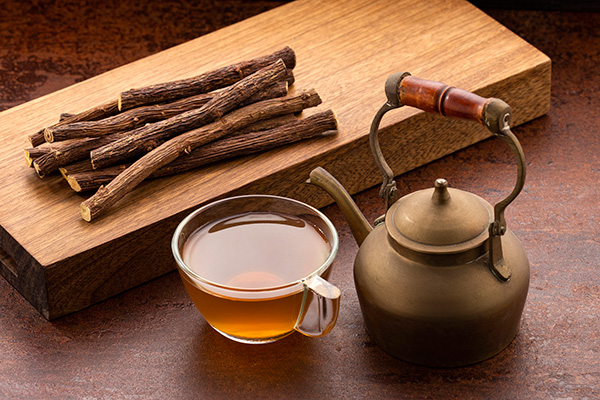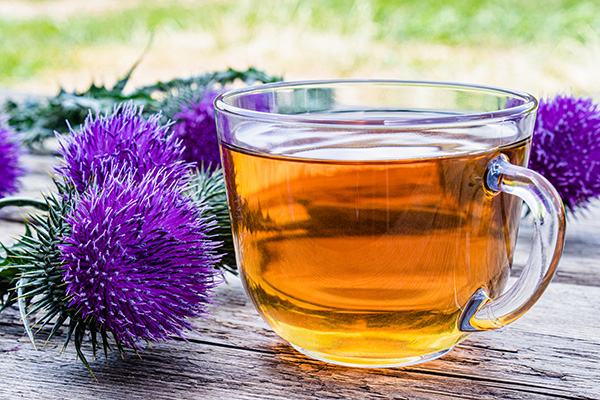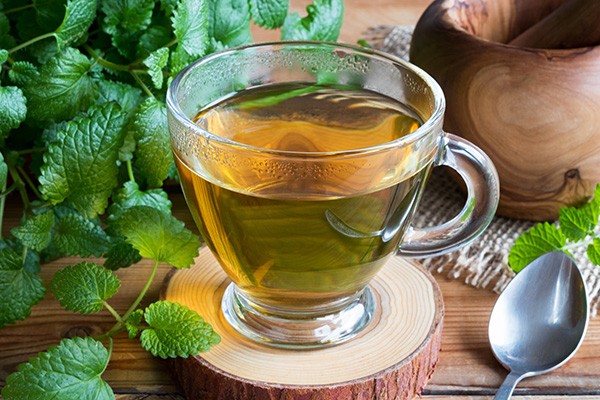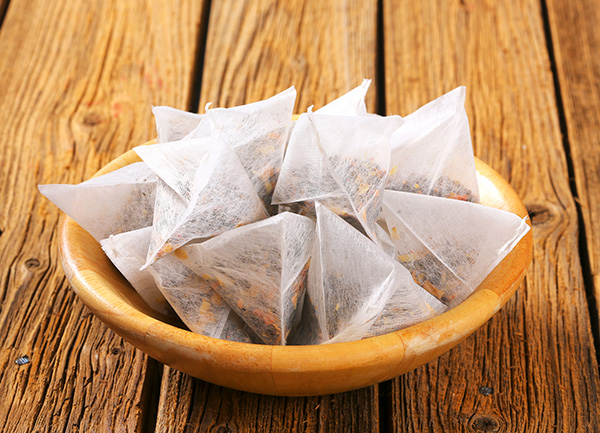Kombucha Prices: Why Is Kombucha So Expensive?
Kombucha, a health-promoting fermented tea beverage, has recently gained popularity. Kombucha’s fizzy, tangy, and mildly sweet profile has attracted a considerable following among health-conscious drinkers.
However, a frequent concern among consumers is the seemingly steep price of the beverage.
In this blogpost, we will delve into what influences kombucha’s pricing, compare the costs of store-bought and homemade kombucha, evaluate if the expense is justified, and explore potential alternatives.
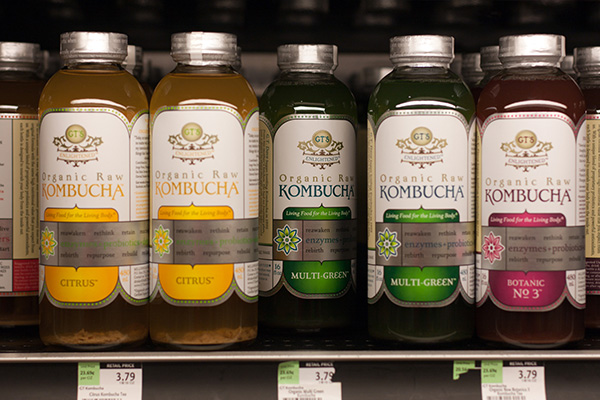
Factors That Make Kombucha So Expensive
Here are a few factors that make kombucha expensive:
- Production Process: Kombucha production involves a complex, time-consuming fermentation process. It requires a SCOBY (symbiotic culture of bacteria and yeast), which is responsible for the fermentation and the creation of the drink’s unique flavor profile. The process frequently lasts for 7-10 days or even longer. This extended production time can contribute to the final cost of the product.
- Packaging: Kombucha is typically packaged in glass bottles to maintain its freshness and prevent any chemicals from leaching from plastic containers. Glass packaging typically costs more than plastic, resulting in increased consumer expenses.
- Marketing and Branding: As the kombucha market has grown, so has the competition among brands. Companies spend significant amounts on marketing and branding to differentiate their products and attract consumers. This expenditure contributes to the overall price of kombucha.
- Regulatory Compliance: The fermentation process of kombucha produces a slight amount of alcohol as a natural byproduct. When kombucha contains 0.5% or higher alcohol by volume, manufacturers must comply with strict regulations and licensing requirements, potentially raising production expenses.
What Does Store-Bought Kombucha Cost?
Store-bought kombucha pricing varies depending on the brand, ingredients, and packaging. On average, a 16-ounce kombucha bottle costs around $3-6, with some premium brands potentially charging more. Remember that buying kombucha in bulk or during sales can help lower the cost per bottle.
What Does Homemade Kombucha Cost?
Homemade kombucha costs depend on the ingredients used and the quantities purchased. Here is a breakdown of the main components and their respective prices:
- Tea: The price for top-quality, organic tea is commonly between $1 and $3 per ounce. To prepare a single gallon (128 ounces) of kombucha, you’ll require approximately 1 ounce of tea, costing you anywhere between $1 to $3.
- Sugar: Organic cane sugar can cost around $3 to $5 for a 2-pound bag. A gallon batch of kombucha typically requires 1 to 1.5 cups of sugar (8 to 12 ounces). So, the necessary amount of sugar per gallon would cost between $1.5-$2.
- SCOBY: A SCOBY can cost between $10 and $30. However, this is a one-time investment, as the SCOBY can be reused for multiple batches. The cost per batch will decrease as you continue to use the same SCOBY.
- Additional Flavorings (optional): The cost of adding flavorings like fruit juice, herbs, or spices can differ based on the specific type and amount used. For instance, using fresh fruit juice might cost approximately $1 to $3 per 16-ounce bottle, depending on the chosen fruit and amount.
Given these costs, the approximate cost per 16-ounce bottle of homemade kombucha (assuming a gallon batch that yields eight 16-ounce bottles) can be calculated as follows:
- Tea: $1-$3 per gallon / per 8 bottles = $0.13 to $0.38 per bottle
- Sugar: $1.50-$2 per gallon / per 8 bottles = $0.19 to $0.25 per bottle
- SCOBY: Assuming a $20 SCOBY used for 10 batches, the cost per batch would be $2 ($20 / 10 batches), which equals $0.25 per bottle ($2 / 8 bottles)
- Additional Flavorings (optional): $1 to $3 per bottle
This way, a 16-ounce bottle of homemade kombucha without additional flavorings would cost $0.57-$0.88. If you add flavorings, the price will fall between $1.57-$3.88 for each bottle.
Remember that these costs are approximate and can vary depending on the specific ingredients chosen and the quantities purchased. Buying ingredients in bulk or on sale can further reduce the cost per bottle.
Is Kombucha Worth the Money?
Determining whether kombucha is worth the money depends on your preferences, budget, and health priorities. Some people find the potential health benefits, unique taste, and experience of drinking kombucha worth the higher price. Others may view it as an occasional treat rather than a daily staple.
If you regularly consume kombucha and find the cost a concern, consider making it at home to save money. This also enables you to tailor the flavors according to your personal taste.
Kombucha Alternatives
Interested in less expensive alternatives? Consider these:
- Kefir: Kefir is a fermented beverage made from milk that contains beneficial probiotics, is generally cheaper than kombucha, and can also be prepared at home.
- Fermented Foods: Sauerkraut, kimchi, and yogurt can offer similar benefits to kombucha.
Final Thoughts
Kombucha’s high price can be attributed to the complex production process, quality ingredients, packaging, marketing, and regulatory compliance.
While purchasing kombucha from stores can be pricey, home brewing offers a more budget-friendly alternative for frequent drinkers.
Ultimately, whether kombucha is worth the investment depends on your priorities and budget.
Consider alternatives like kefir, apple cider vinegar drinks, or fermented foods if you want more affordable options with similar health benefits.
FAQ
Is It Cheaper to Make or Buy Kombucha?
Generally, preparing kombucha at home is more cost-effective than purchasing it. After the initial investment in a SCOBY, tea, sugar, and necessary equipment, the ongoing costs are relatively low. Homemade kombucha can cost as little as $0.57 per bottle. In contrast, store-bought kombucha typically starts at $3.
Why Do You Have to Be 21 to Buy Kombucha?
Yes, it’s true that in certain states within the US, you have to be at least 21 to buy kombucha.
Kombucha is a fermented beverage that generates a minor quantity of alcohol as a byproduct during fermentation. While the alcohol content in most branded kombucha is below 0.5% by volume (ABV), few brands may have higher ABV levels. As a result, such kombucha must adhere to the same regulatory standards as alcoholic drinks.
Remember that age restrictions do not apply to all kombucha products, and regulations can differ depending on the state or country. Always check the label and local regulations before purchasing kombucha.

